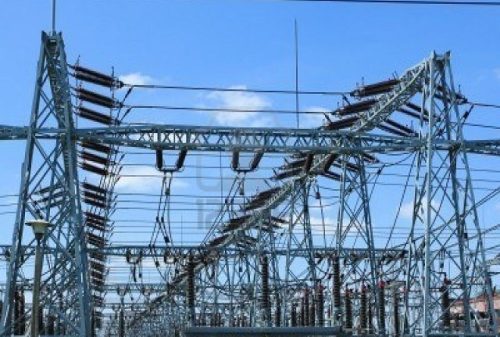The Manufacturers Association of Nigeria (MAN) has voiced strong concerns over proposed electricity tariff increases, urging the Federal Government to critically assess the performance of electricity distribution companies (DisCos) before implementing any such hikes. MAN argues that the continuous rise in electricity costs is severely impacting the manufacturing sector, a key driver of economic growth, and ultimately hindering overall economic development. They emphasize the need for a comprehensive review of the DisCos’ investment in distribution infrastructure to justify any proposed tariff adjustments. MAN Director-General, Segun Ajayi-Kadir, advocates for a thorough investigation into the impact of tariff increases on businesses and households, a critical examination of the cost-reflective tariff template used by DisCos, and a comprehensive audit of their commitment to infrastructure development.
The crux of MAN’s argument lies in the perceived disconnect between the rising electricity tariffs and the stagnant, if not declining, electricity supply. Despite the privatization of the power sector in 2013, the anticipated improvements in power generation and distribution have failed to materialize. MAN points to the significant gap between installed electricity generation capacity and actual output, highlighting the limitations of generating companies and DisCos in meeting the nation’s energy demands. This inadequacy is further exacerbated by the continuous imposition of tariff increases on consumers without a corresponding improvement in service delivery, placing an undue burden on businesses and households already grappling with economic challenges.
Citing data from the National Bureau of Statistics, MAN reveals a concerning trend of declining electricity supply despite substantial tariff hikes. They note a year-on-year decrease and a quarter-on-quarter decline in electricity supply, even after a significant tariff increase was implemented. This disparity underscores MAN’s argument that the current tariff structure is not effectively incentivizing improved performance from DisCos. Instead, consumers are forced to bear the financial consequences of inefficiencies within the electricity value chain.
MAN warns that the proposed tariff increase will have a cascading negative impact on the economy. Increased production costs, exacerbated inflationary pressures, and eroded profit margins are among the anticipated consequences for businesses, particularly manufacturers. The inability to pass on these increased costs to consumers already struggling with reduced purchasing power further disadvantages manufacturers, creating a precarious economic environment. This situation, MAN argues, necessitates a thorough and independent review of the DisCos’ performance before any further tariff adjustments are considered.
MAN’s call for a performance review emphasizes the need for transparency and accountability within the power sector. They advocate for an independent assessment of the DisCos’ operations, including their investments in infrastructure and their overall efficiency in delivering electricity to consumers. This review, according to MAN, should be a prerequisite for any tariff adjustments, ensuring that increases are justified by demonstrable improvements in service delivery. The focus should be on addressing the root causes of the power sector’s challenges, rather than simply passing the burden onto consumers through higher tariffs.
The concerns raised by MAN highlight the urgent need for a comprehensive and sustainable solution to Nigeria’s power sector challenges. Simply increasing tariffs without addressing the underlying issues of inadequate generation and distribution capacity will not lead to the desired improvements in electricity supply. A more holistic approach is required, one that prioritizes investments in infrastructure, improves the efficiency of operations throughout the electricity value chain, and ensures that tariff adjustments are directly linked to improvements in service delivery. This, in turn, will create a more conducive environment for businesses to thrive and contribute to the nation’s economic growth. Stakeholders, including the government and private sector operators, must collaborate to find lasting solutions that ensure reliable and affordable electricity for all Nigerians.














